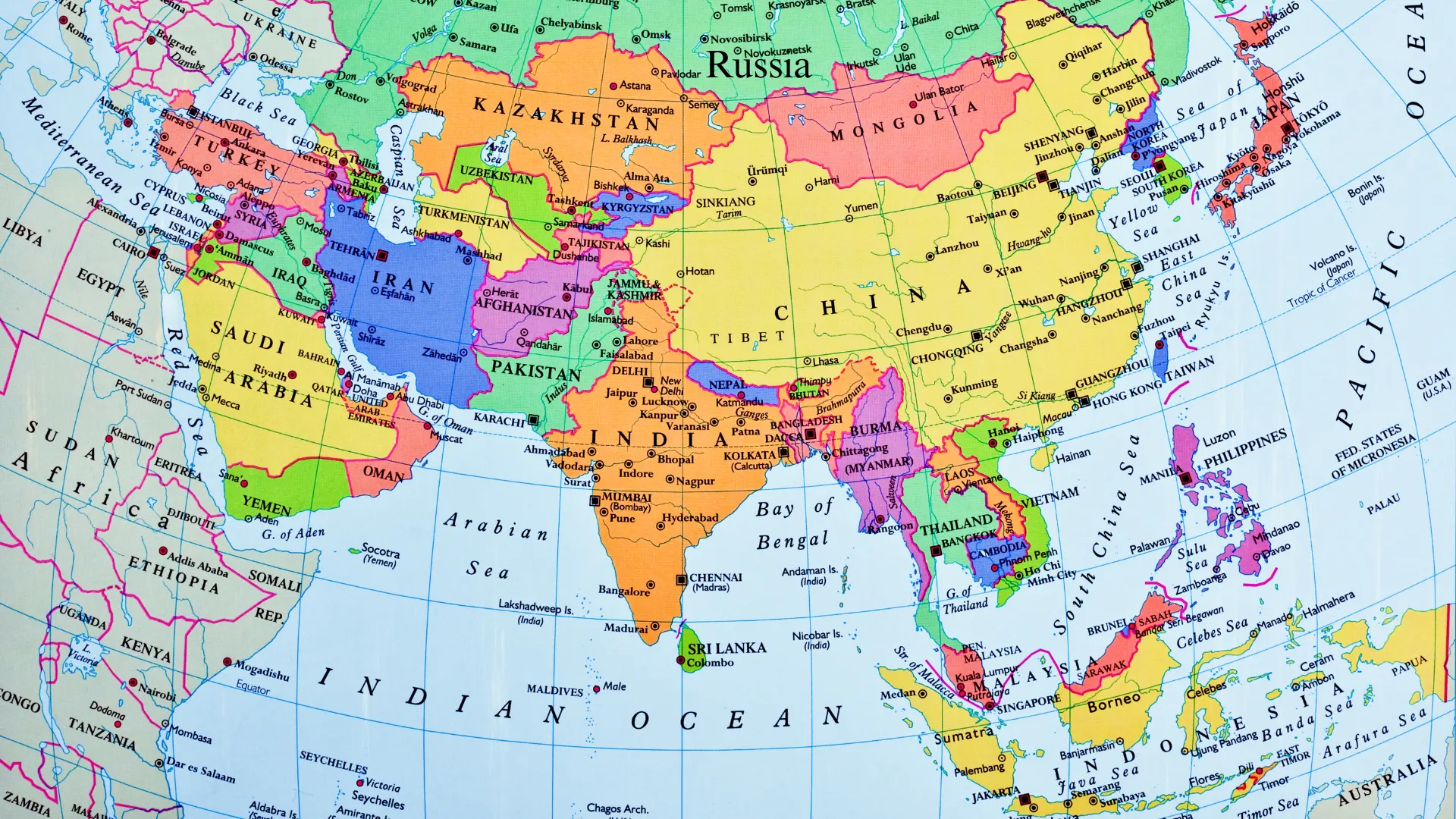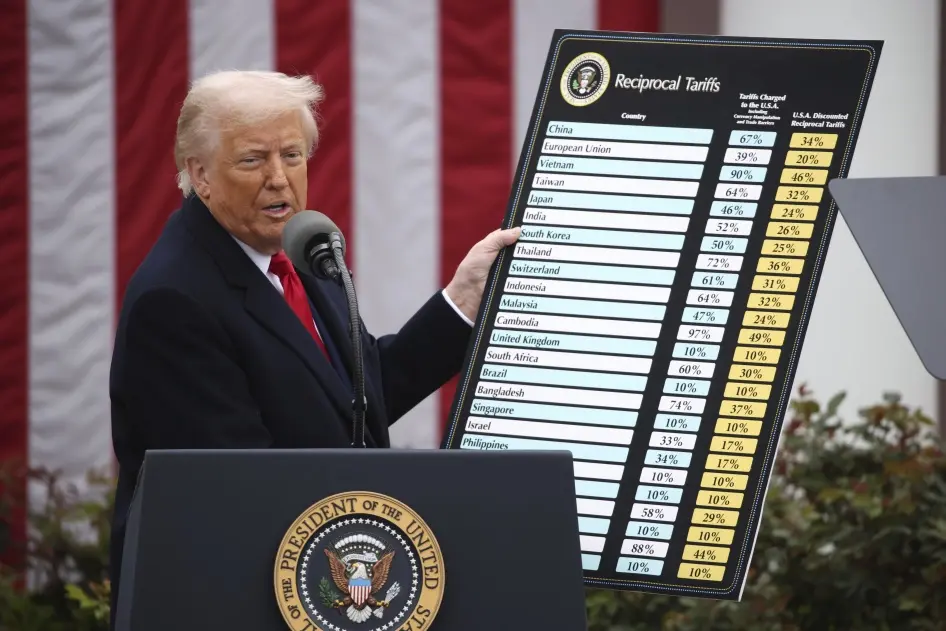
Trump's Economic Policies and Effects on the World, Especially China and Russia
President Donald Trump's economic policies in his second term (2025) are characterized by aggressive tariffs, sanctions, and a focus on "America First" priorities. Key moves include tariffs up to 500% on countries buying Russian oil (targeting India, China, and Brazil), seizing Venezuela's oil reserves (giving the U.S. nearly 30% of global oil reserves), and withdrawing from 66 international treaties, including the Paris Agreement.
Read More...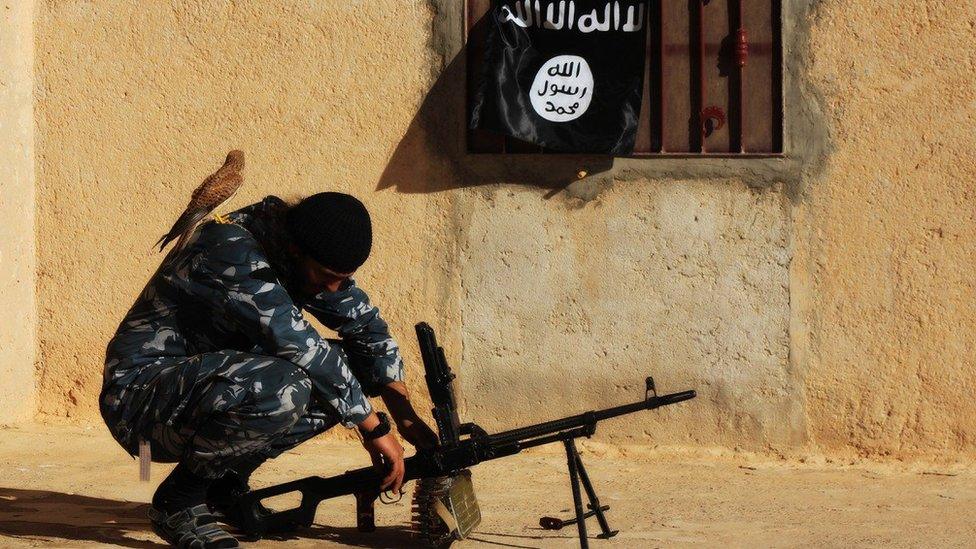
Daesh (ISIS/ISIL): Origins, Rise, Decline & Current Status
Daesh emerged from Al-Qaeda in Iraq (AQI) in the early 2000s during the U.S.-led occupation of Iraq. It gained notoriety for brutal attacks against U.S. forces and sectarian violence targeting Shia Muslims.
Read More...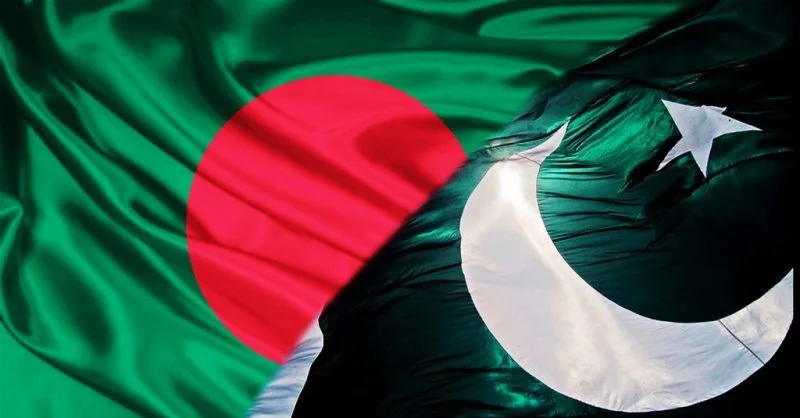
Bangladesh vs Pakistan Economy Comparison
Bangladesh currently has a stronger economic position than Pakistan, with higher GDP, faster growth, lower debt-to-GDP ratio, and better per capita income. Pakistan has shown some recent stabilization under IMF programs but still faces heavier debt and slower growth.
Read More...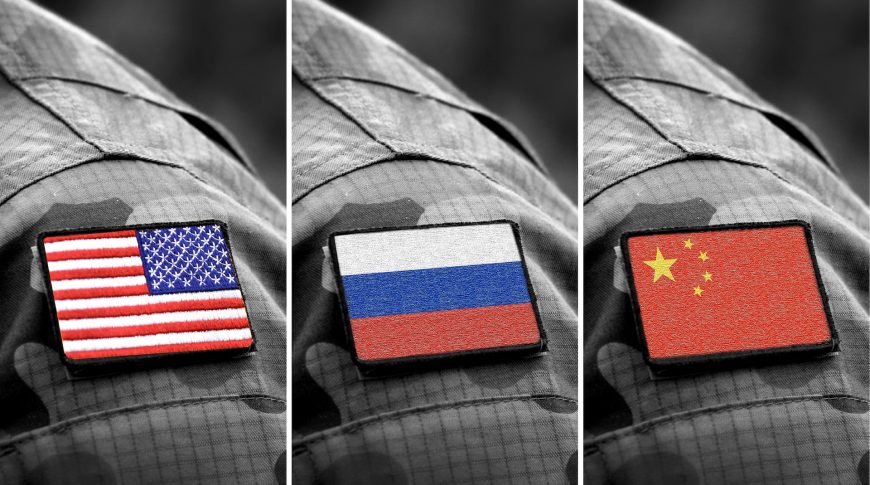
Comparison of Defense Strength: China, Russia, USA
This comparison evaluates the defense strengths of China, Russia, and the United States based on key military metrics such as rankings, personnel, budgets, and equipment. The data highlights the USA's overall lead, with Russia and China following closely in various aspects. Note that assessments can vary by source and methodology.
Read More...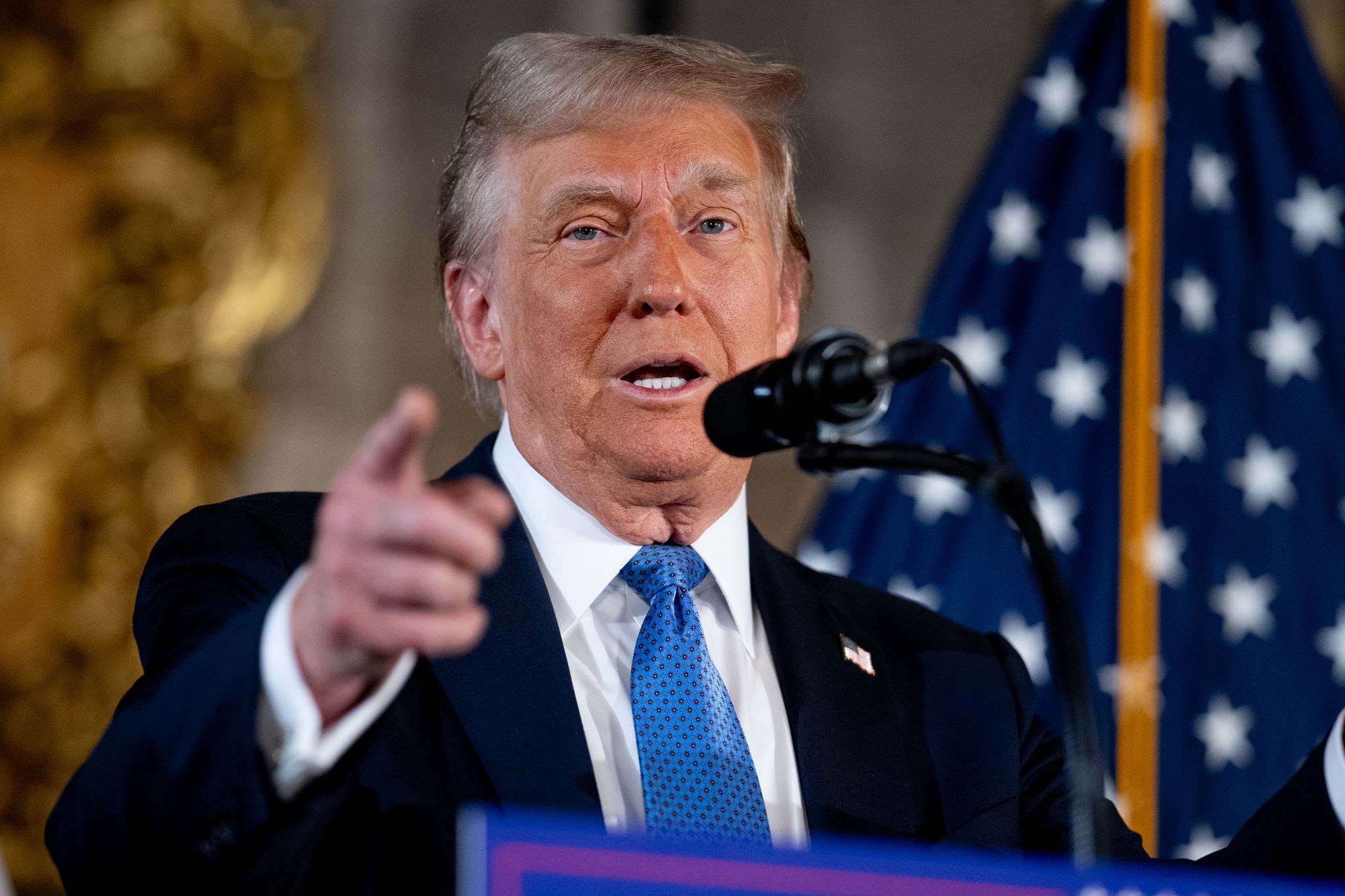
Trump's 20-Point Plan for Gaza
Donald Trump's 20-point plan for Gaza, unveiled on September 29, 2025, aims to end the Israel-Hamas war and includes key elements such as an immediate ceasefire, hostage and prisoner exchanges, demilitarization, and reconstruction under international oversight. The plan has received mixed reactions, with Hamas accepting parts but refusing to disarm, and Israel opposing Palestinian statehood. This webpage provides an overview of the plan, its transformations, and why China and Russia abstained from supporting the UN Security Council resolution endorsing it.
Read More...
Detailed Comparison of China's Economy with the USA and Russia (2025)
China's economy is a global powerhouse, surpassing the United States and Russia in several key metrics as of October 2025. With a GDP (PPP) of $33.6 trillion—ranking first worldwide—China's rapid growth over the past 25 years (710%) has outpaced the USA's 131% and Russia's 156%, positioning it to overtake the U.S. in nominal GDP by 2035. This webpage provides a detailed comparison of China's economy with the USA and Russia, covering GDP rankings, key indicators, trade, military/technology advancements, and global influence, reflecting China's rise as a superpower.
Read More...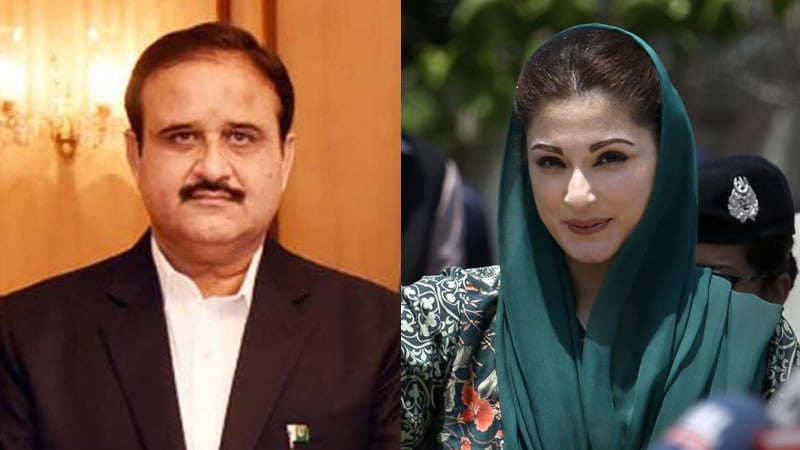
Comparison of Usman Buzdar and Maryam Nawaz as Chief Ministers of Punjab
Maryam Nawaz's tenure as Chief Minister of Punjab has been characterized by proactive initiatives and a focus on public welfare, contrasting sharply with Usman Buzdar's period, which was plagued by criticism for inefficiency and political instability. While Maryam has received praise for programs like Apni Chhat Apna Ghar and Kissan Card, Buzdar's leadership is remembered for unfulfilled promises and internal conflicts. The comparison highlights the importance of effective implementation and strong leadership in addressing Punjab's challenges.
Read More...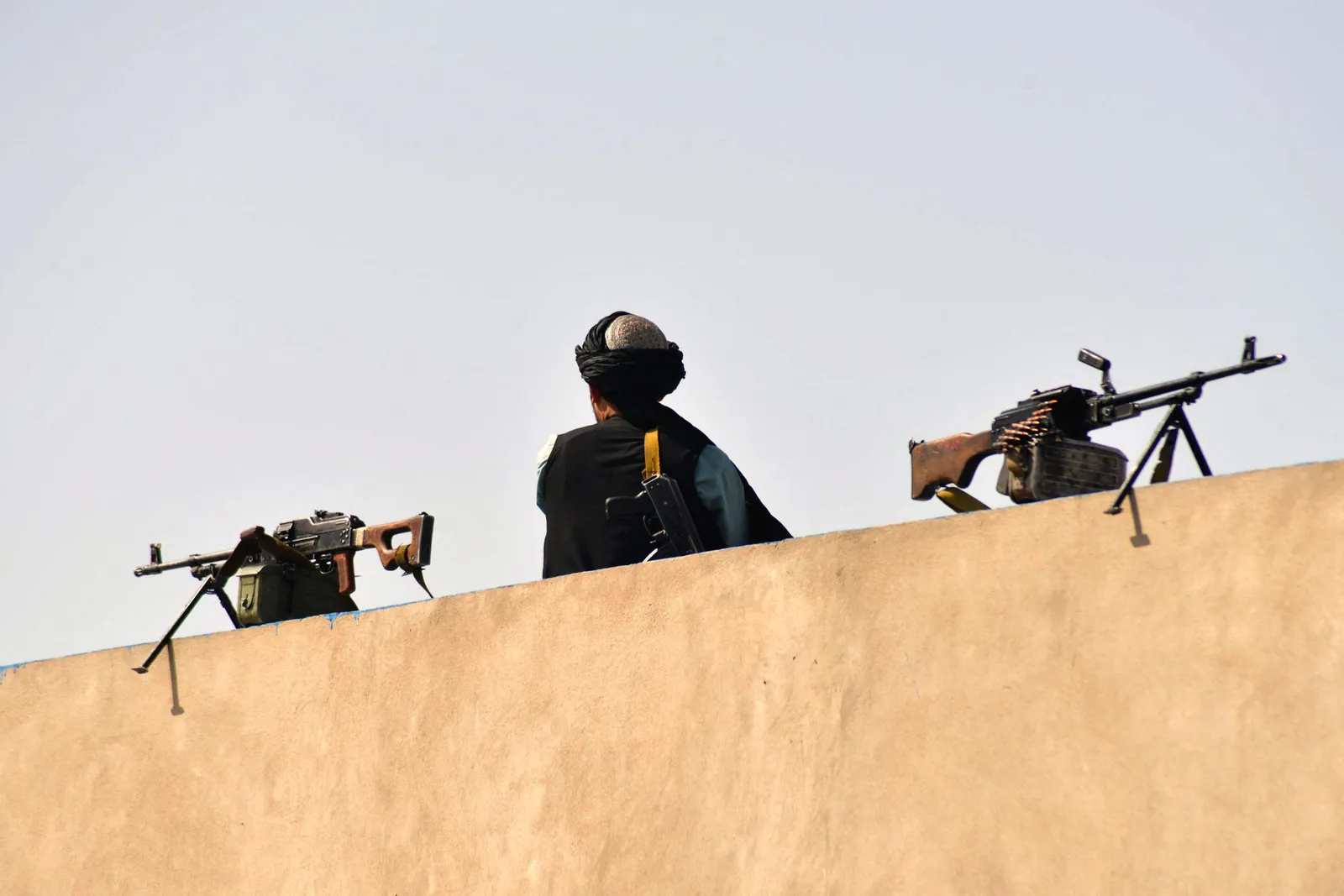
The Taliban and Their Role in Terrorism
The Taliban, an Islamist militant group originating in Afghanistan, has played a significant role in terrorism since its formation in 1994. While initially focused on imposing strict Sharia law domestically, the Taliban has provided safe havens for international terrorist organizations, supported cross-border militancy, and engaged in attacks that have caused widespread instability. As of October 2025, under their second regime (since 2021), the Taliban remains designated as a Foreign Terrorist Organization (FTO) by the United States, and their governance continues to enable terrorist activities despite public denials.
Read More...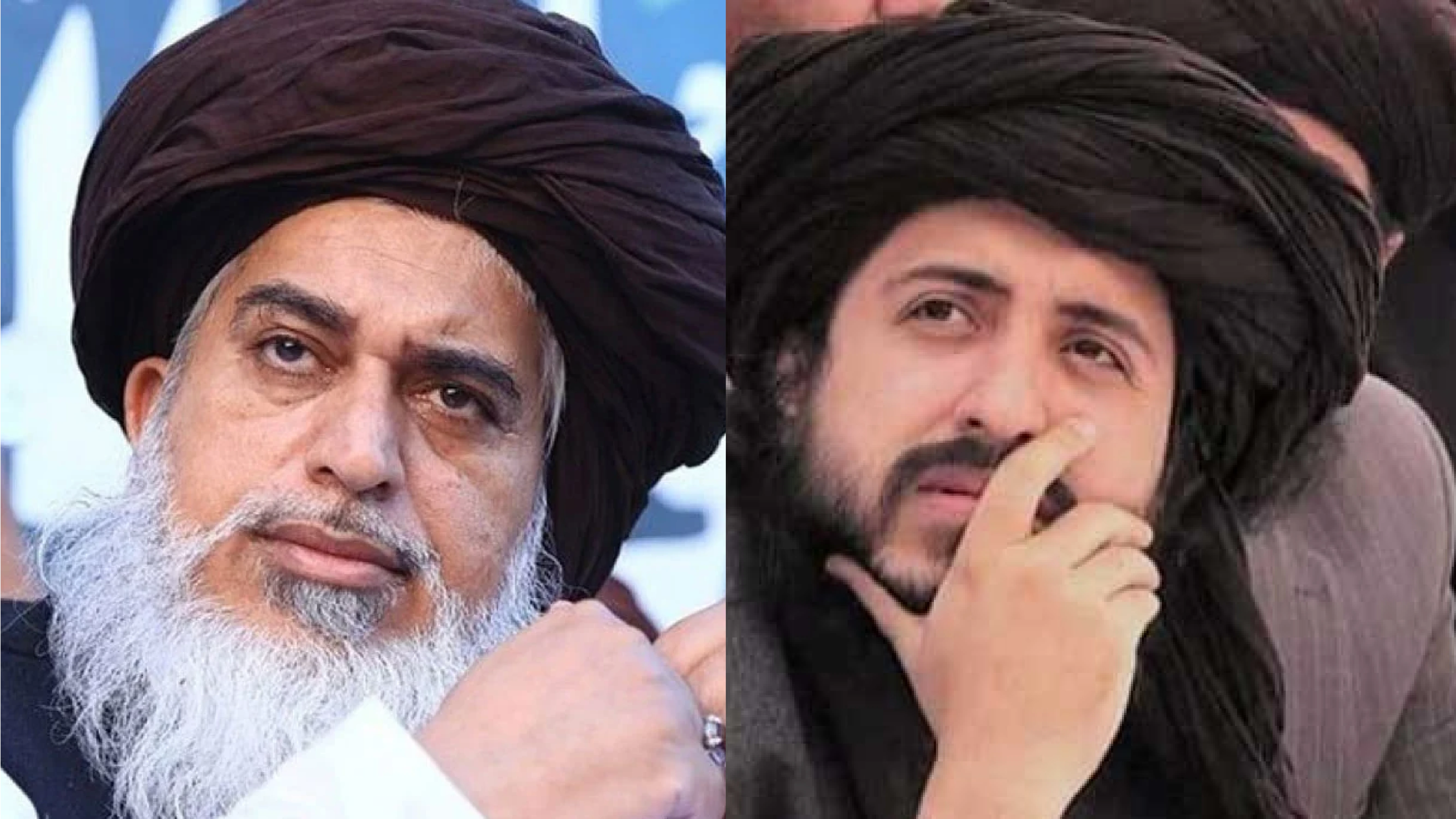
History of Tehreek-e-Labbaik Pakistan (TLP)
Tehreek-e-Labbaik Pakistan (TLP), a far-right Islamist populist party rooted in the Barelvi movement of Sunni Islam, was founded on August 1, 2015, by Khadim Hussain Rizvi at Nishtar Park in Karachi, Sindh. Rizvi, a fiery Barelvi cleric, became the party's first Ameer (leader), with 75 founding members pledging allegiance to him. The party emerged from grassroots efforts to defend Pakistan's blasphemy laws and promote the enforcement of Sharia law through legal and political means, advocating for a strict "Nizam-e-Mustafa" (system of the Prophet Muhammad). TLP ...
Read More...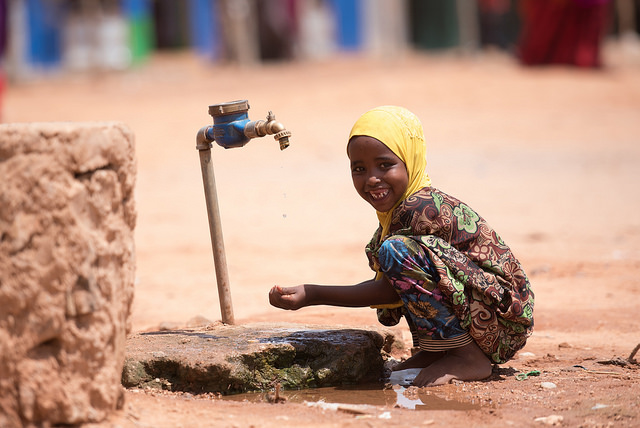
The Role of the "Establishment" in Third-World Countries
he term "establishment" refers to Western political, economic, and intelligence elites, particularly U.S.-based, who have shaped the trajectories of "third-world" or developing countries (Africa, Asia, Latin America, Middle East) since the Cold War. As of October 22, 2025, their influence—via covert operations, foreign aid, multinational corporations (MNCs), debt mechanisms, and military interventions—has been criticized as neocolonialism, prioritizing Western interests over local sovereignty, fostering instability, and perpetuating inequality.
Read More...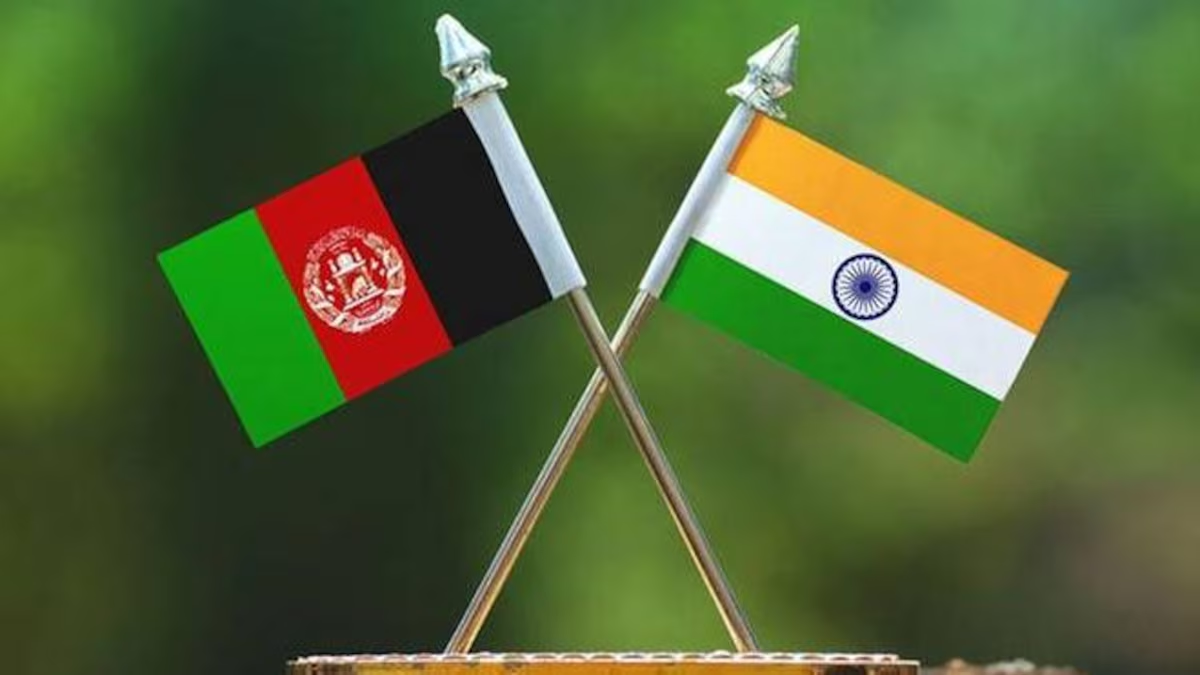
India-Afghanistan Relations: Historical Ties to Modern Pragmatism
India and Afghanistan share a relationship rooted in millennia of cultural, commercial, and political exchanges, from the Indus Valley Civilization to the present day. As of October 22, 2025, ties have evolved into a pragmatic partnership, navigating the Taliban's 2021 return to power. India has emerged as Afghanistan's key regional ally, providing $3 billion in aid since 2001, upgrading its Kabul mission to full embassy status in 2025...
Read More...
Political Instability in Asia and the Gulf Region: Current Dynamics and Implications
Political instability in Asia and the Gulf remains a multifaceted threat, driven by sectarian conflicts, power rivalries, economic hardships, and external meddling. Hotspots like Yemen and Pakistan highlight the urgency of addressing these drivers to mitigate global risks, including terrorism and economic shocks.
Read More...
Overview of the "Peace Pack for Palestine" Proposal
This proposal's positives center on short-term relief—halting the war, aid influx, and hostage returns—which could save thousands of lives and provide breathing room for diplomacy. It's a rare framework addressing post-war governance, welcomed by moderates like the PA for its reform incentives and Arab buy-in. However, the negatives dominate: It's structurally imbalanced, prioritizing Israeli security over Palestinian rights, with no firm commitments to end occupation or statehood. Critics, including Palestinian analysts and X users...
Read More...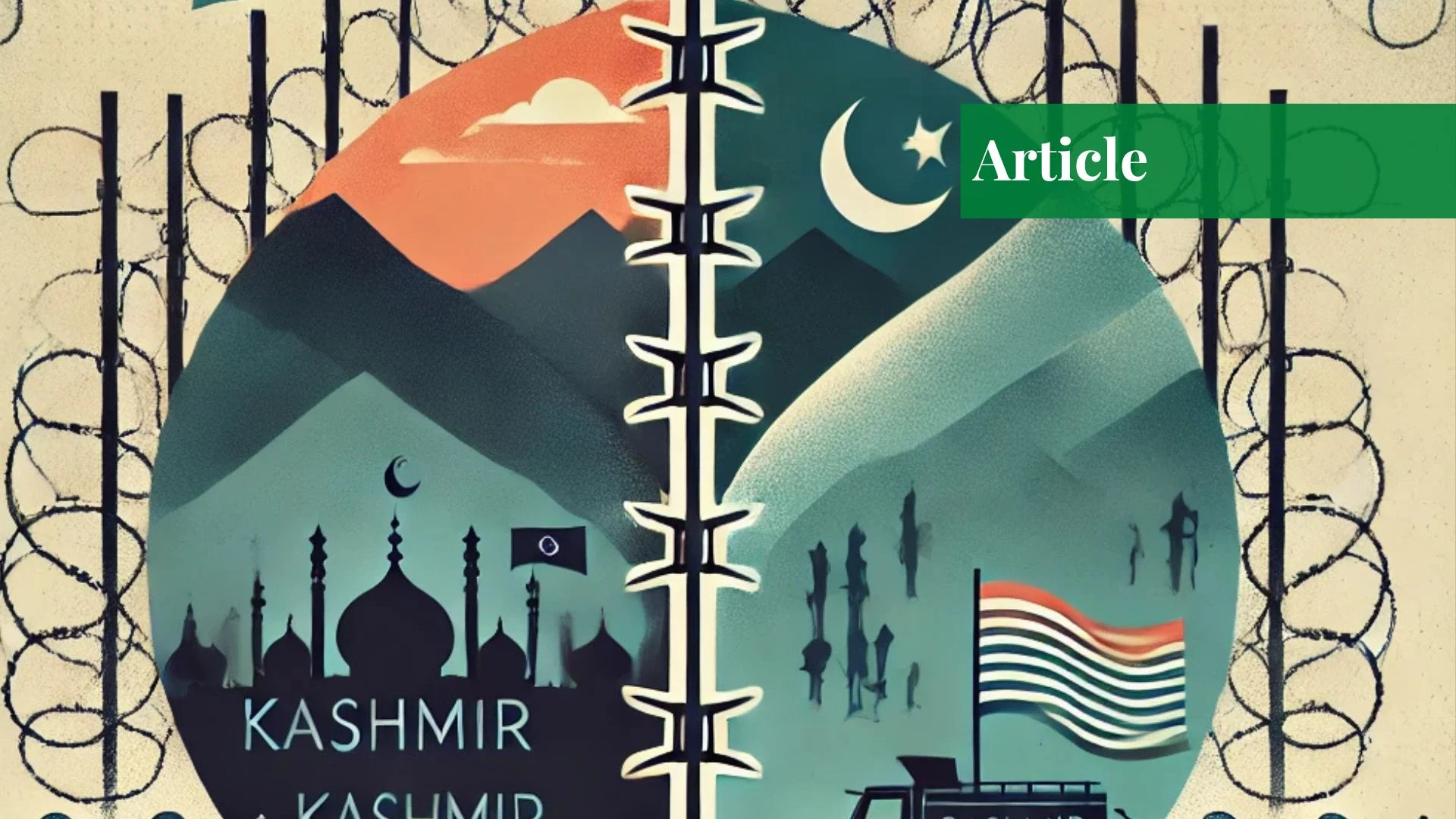
The Kashmir Issue: Has It Lost Its Importance?
The Kashmir issue remains vital despite reduced UNSC focus, with recent advocacy by Turkey and Pakistan highlighting its urgency. Historical resolutions like UNSC 47 and UNMOGIP's role persist, but geopolitical shifts toward Palestine challenge prominence. International support from the OIC and human rights groups underscores self-determination needs. Resolving Kashmir requires renewed dialogue to address human rights and stability.
Read More...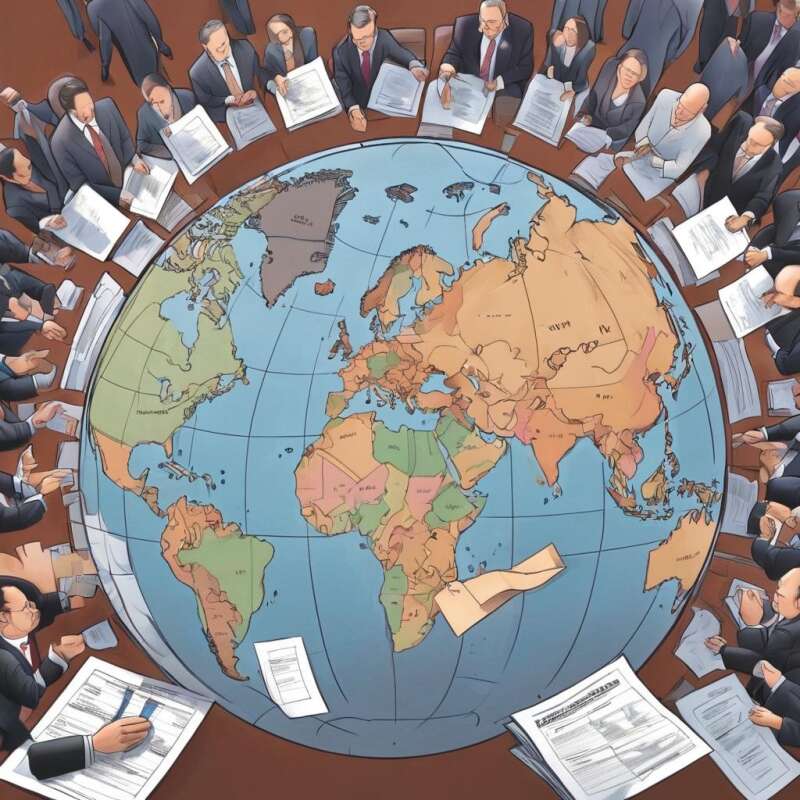
Global Political Developments
Global political developments in 2025 are defined by ongoing conflicts like Russia-Ukraine and Israel-Hamas, the rise of nationalism in China and India, economic instability from pandemics and wars, and vibrant social movements advocating for justice. These factors have fragmented the international order, challenging multilateralism while highlighting the resilience of activism. As new powers emerge and tensions escalate, the world faces a pivotal moment requiring cooperative solutions to address shared threats like climate change and inequality.
Read More...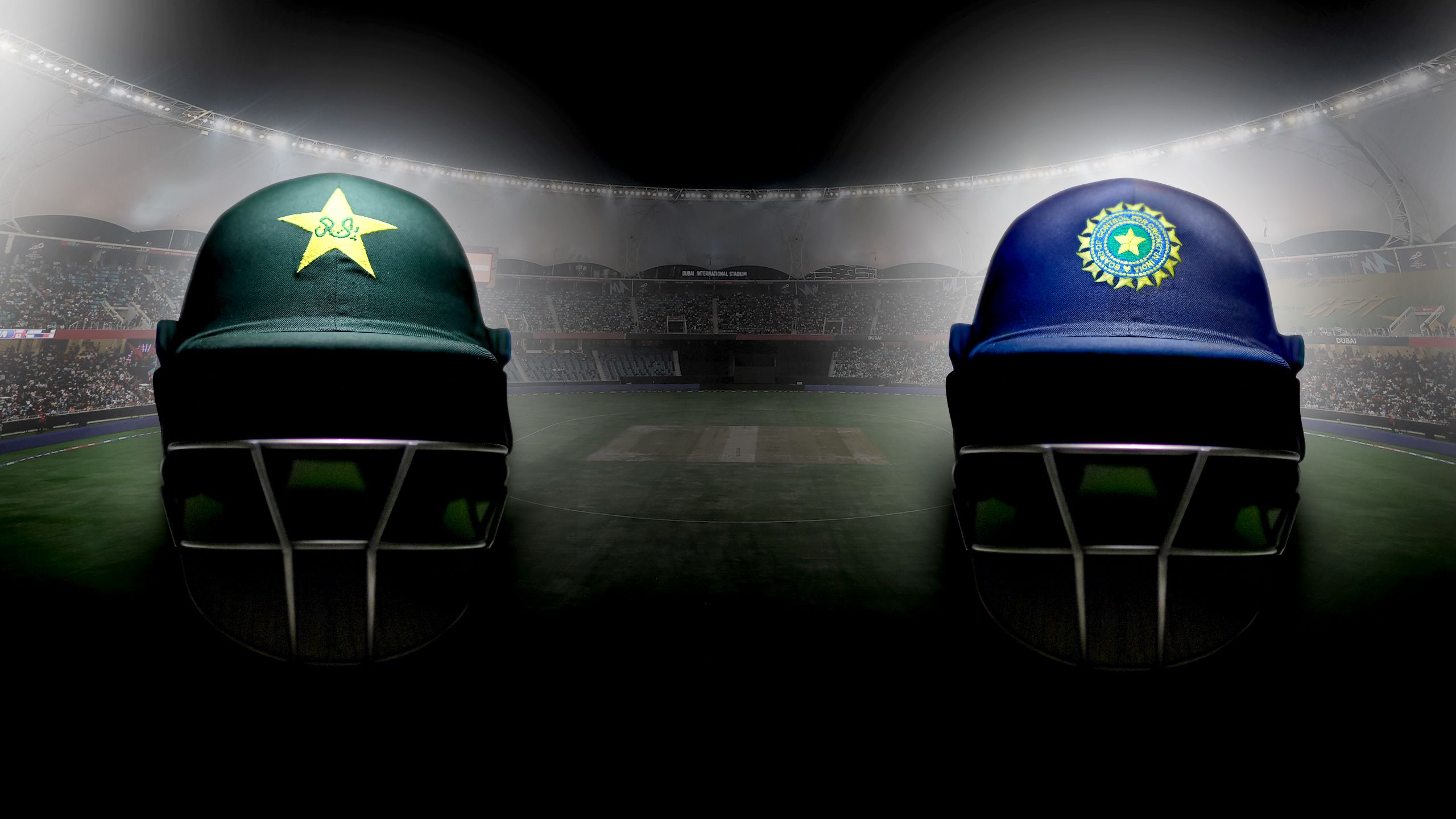
India-Pakistan Cricket Rivalry: Game or War
The India-Pakistan cricket rivalry is often described as one of the most intense and dramatic in the world, transcending sport to embody historical, cultural, and political tensions between the two nations. Often likened to a "war" due to its emotional stakes, matches between India and Pakistan captivate global audiences with unmatched fervor. As of September 29, 2025, this rivalry remains a cornerstone of cricket, fueled by decades of competition and recent high-profile clashes like the T20 Asia Cup 2025 final.
Read More...
Recognition and Governance of the State of Palestine
The State of Palestine’s recognition by 150 UN member states as of September 2025 reflects growing global support, but its governance under the PA is hampered by limited sovereignty, internal divisions, and external constraints. The absence of elections, territorial fragmentation, and financial dependence highlight a lack of a physical, independent state structure, with public support eroded by unelected leadership.
Read More...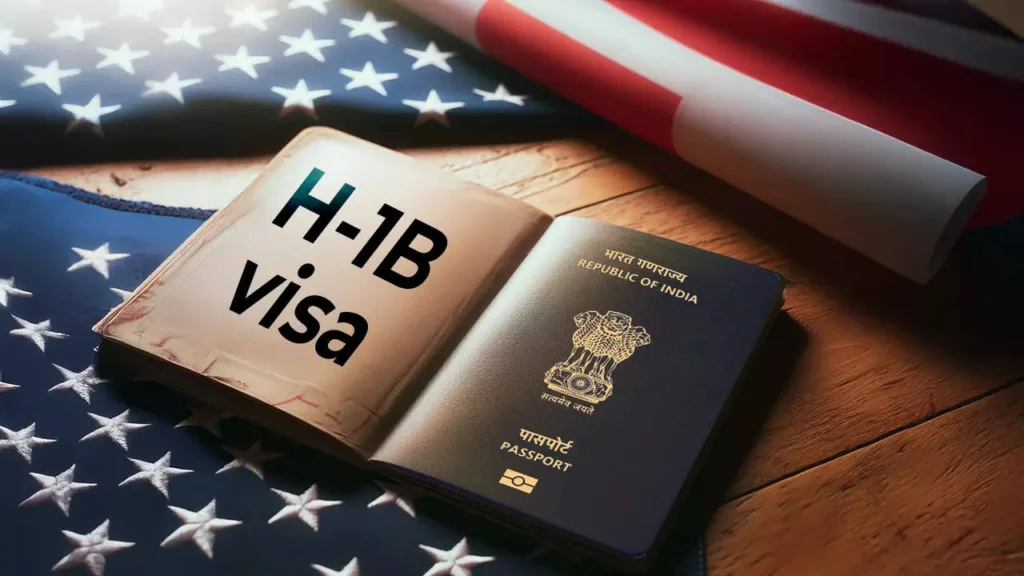
Overview of the H-1B Visa Program
The H-1B visa program, crucial for U.S. innovation, faces transformative changes in 2025 under the Trump administration, including a $100,000 fee for new visas and merit-based reforms. These aim to prioritize American workers but may disrupt talent flows, particularly for Indian nationals. Employers and workers should adapt to streamlined processes while preparing for higher costs and exceptions. Monitor USCIS (https://www.uscis.gov) for updates.
Read More...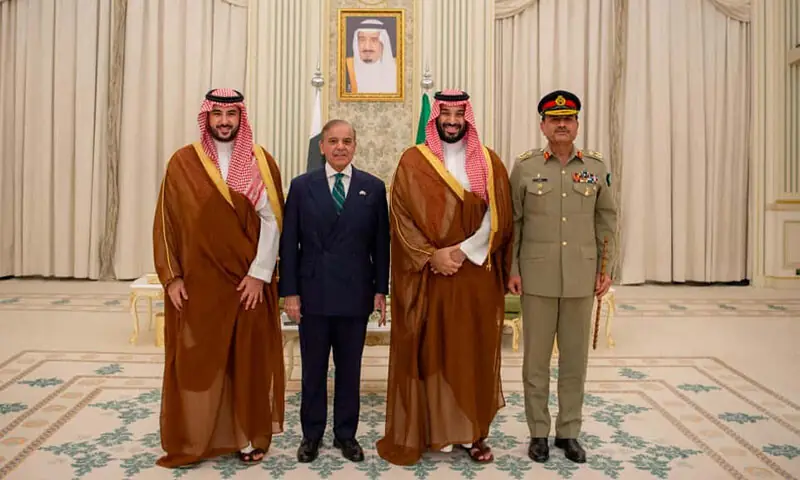
Saudi Arabia-Pakistan Defence Pact: Impacts on International Politics
The Saudi-Pakistan relationship has been underpinned by Saudi financial aid (billions in loans and investments) and Pakistan's role in training Saudi forces and providing strategic depth. For Pakistan, the pact secures economic lifelines during fiscal challenges and positions Islamabad as a pan-Islamic security guarantor. For Saudi Arabia, it bolsters defenses against Iran-backed...
Read More...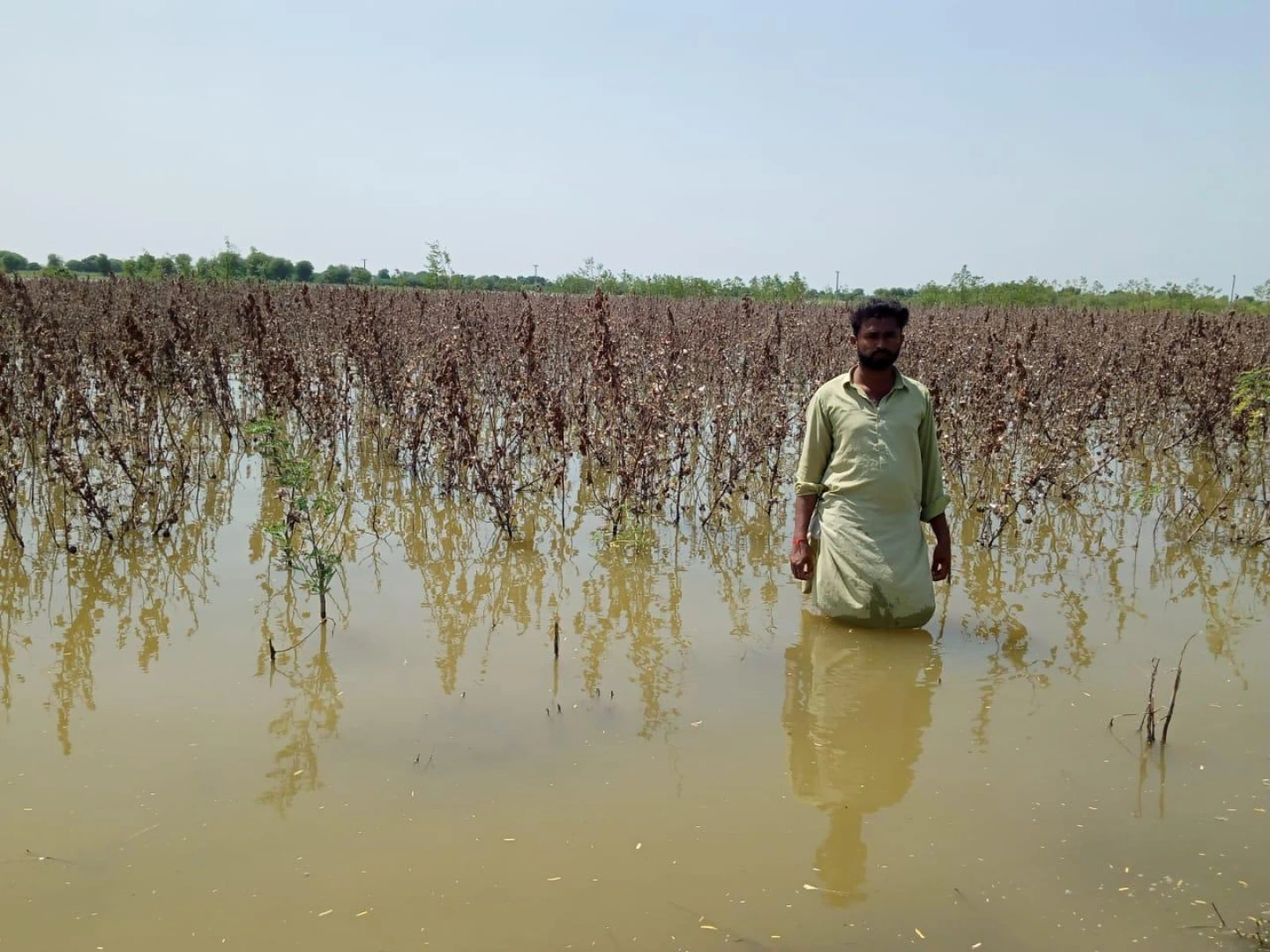
Overview of Floods' Impact on Pakistan's Agricultural Economy
Pakistan's agricultural sector is a cornerstone of its economy, contributing approximately 23-24% to the gross domestic product (GDP) and employing about 37-40% of the workforce, making it the primary livelihood for millions, particularly in rural areas. The country has faced recurrent devastating floods, exacerbated by climate change, which have repeatedly wrecked crops, livestock, infrastructure, and supply chains. The most recent catastrophe in 2025, triggered by exceptionally heavy monsoon rains since late June,
Read More...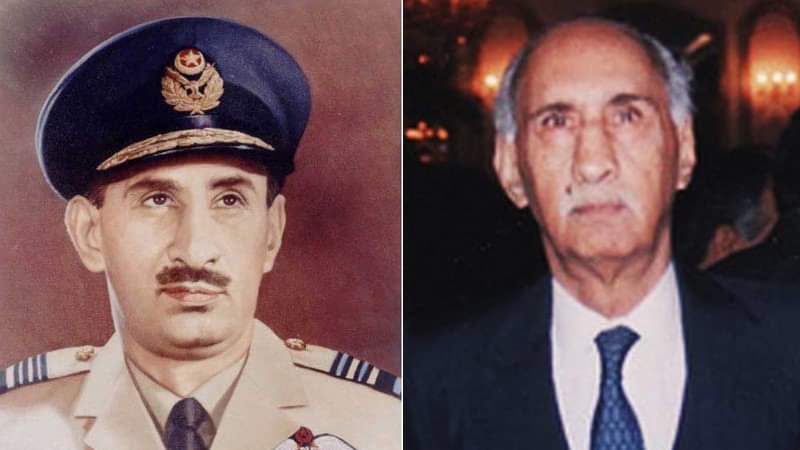
Air Marshal Nur Khan – Visionary Commander and Architect of PAF’s Glory
Air Marshal Nur Khan stands as a revered national figure, remembered for his brilliant leadership and exceptional flying skills throughout his illustrious career. In the 1965 war, he led a team of ace pilots who demonstrated the PAF’s superiority against a larger adversary. Fearless and principled, he earned lasting respect by leading from the front and embracing innovation, notably converting the C-130 into a bomber. Despite the U.S. arms embargo,
Read More...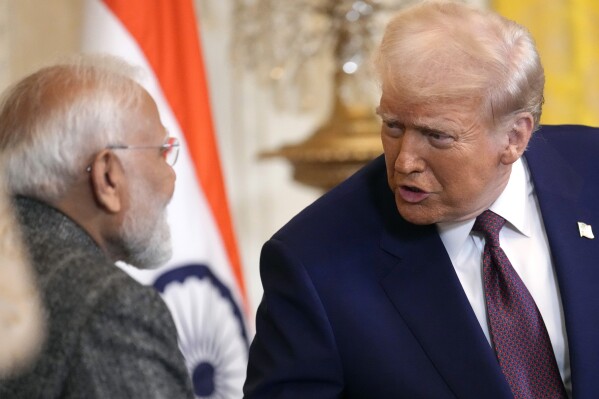
Trump-Modi Relations: Strategic Fluctuations
Trump and Modi’s relationship in 2025 combines personal warmth with policy friction over tariffs and Russian oil. Defense ties and joint exercises provide stability, but India’s strategic autonomy—evident in Modi’s outreach to China and Russia—challenges U.S. leverage. Balancing trade disputes with security cooperation will shape this “special” yet fragile partnership.
Read More...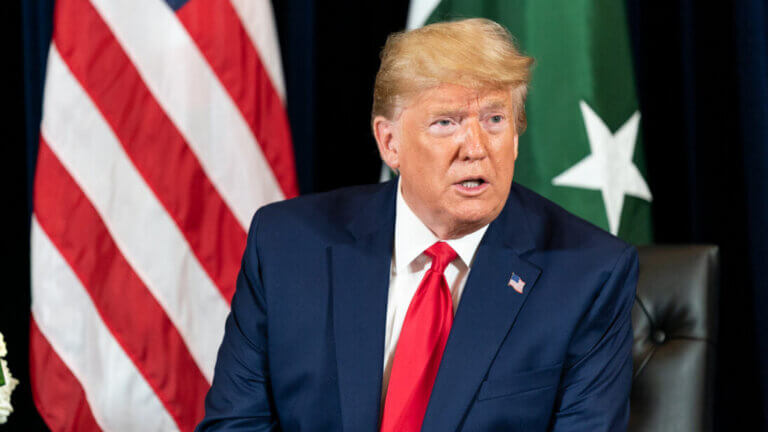
Trump’s Focus on Pakistan’s Mineral Resources (2025)
Trump’s 2025 focus on Pakistan’s $8 trillion mineral reserves reflects a strategic push to secure critical resources, counter China, and leverage geopolitics. The $500 million MoU with U.S. Strategic Metals and tariff reductions mark progress, but insurgency, human rights issues, and economic constraints pose risks. While Pakistan’s minerals offer potential, careful navigation of security and ethical concerns is crucial.
Read More...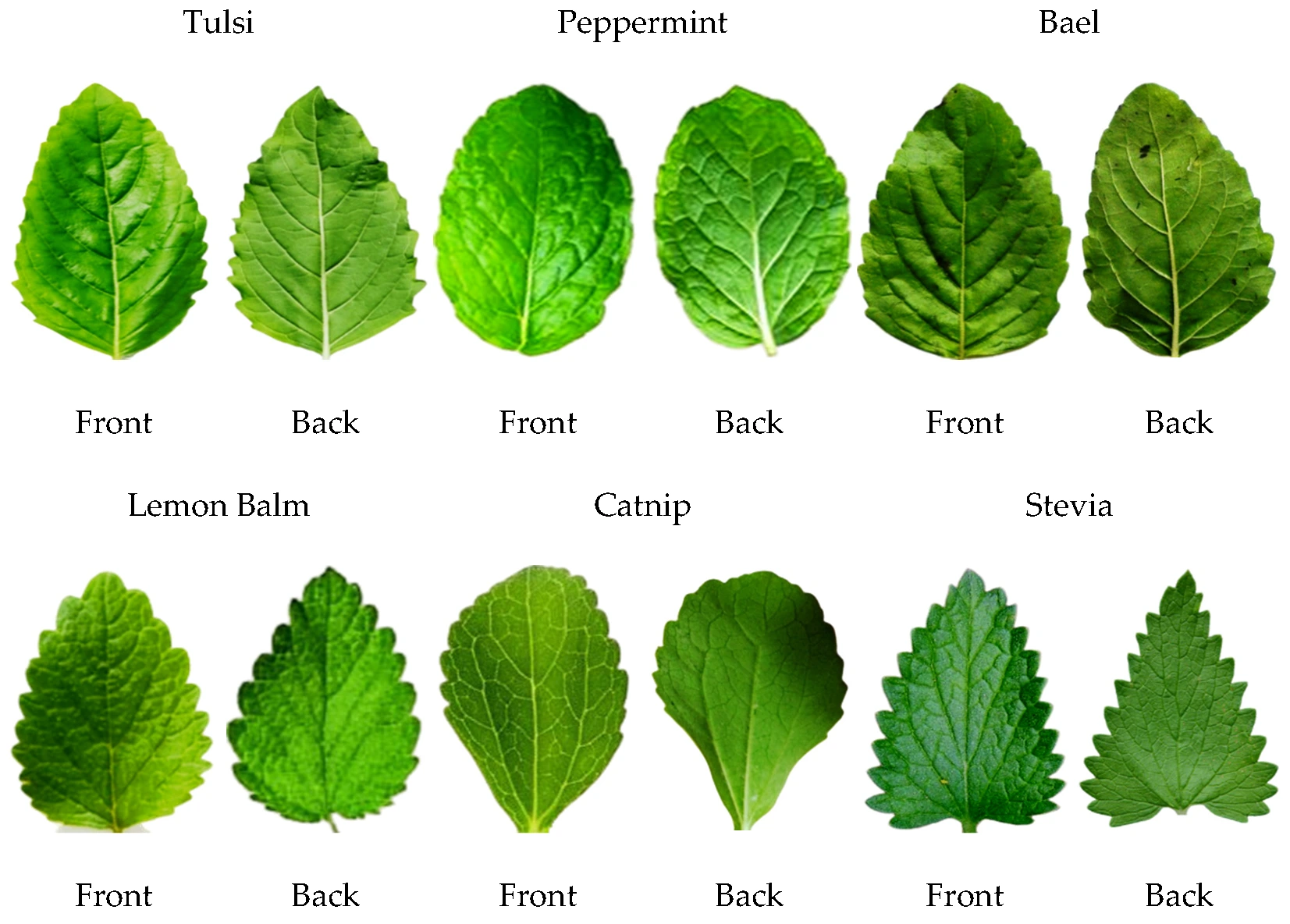
The Magic of Plant Leaves in Traditional Medicine (2025)
Plant leaves, rich in bioactive compounds like alkaloids, flavonoids, and essential oils, have been used for centuries in traditional medicine across cultures for their therapeutic benefits. Known for their "magic" in treating ailments from wounds to respiratory issues, these natural remedies often have fewer side effects than synthetic drugs when
Read More...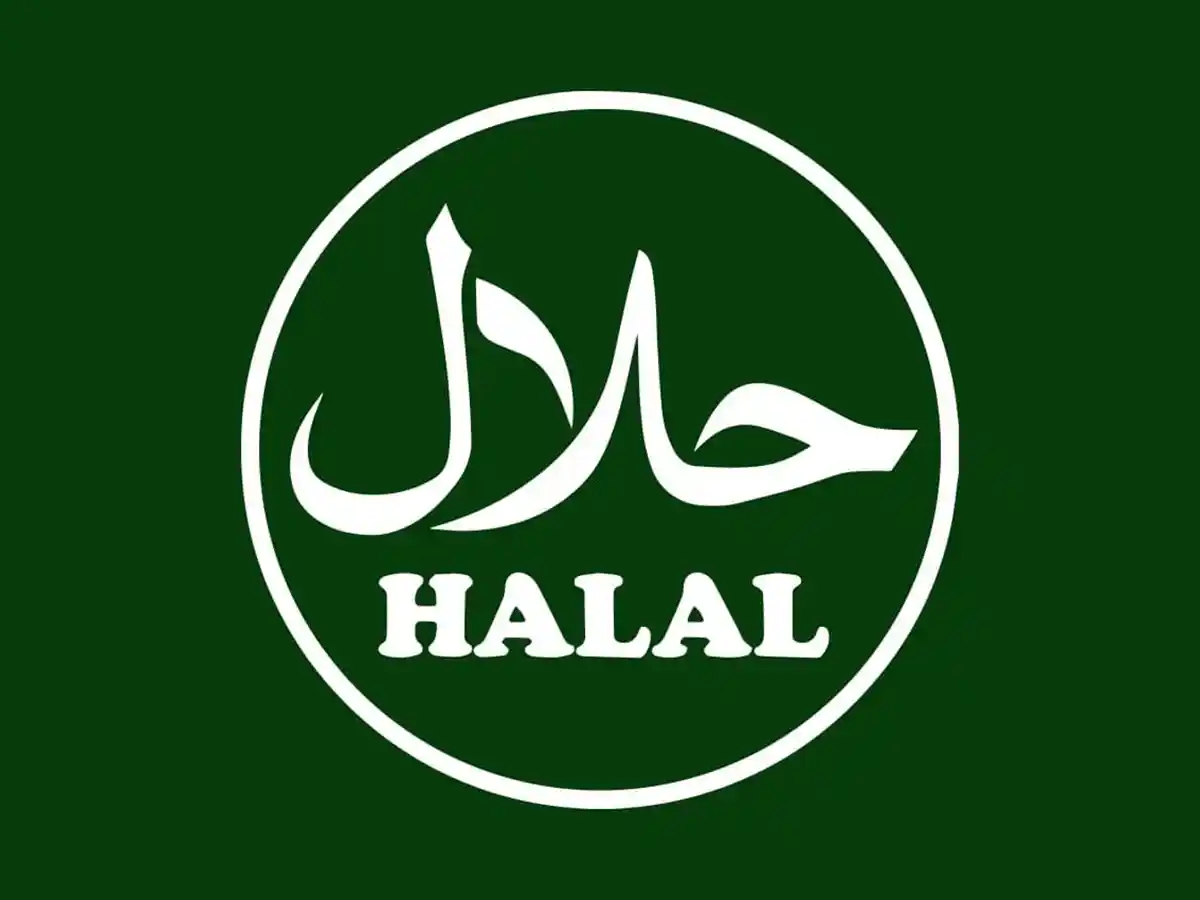
Halal Certification Industry: Challenges and Controversies (2025)
The halal certification industry ensures products comply with Islamic standards, serving a $2 trillion market for 1.8 billion Muslims. Covering food, cosmetics, pharmaceuticals, and even construction materials, it verifies the absence of haram (forbidden) ingredients and adherence to specific slaughter methods. However, accusations of it being a "scam" stem from food fraud,...
Read More...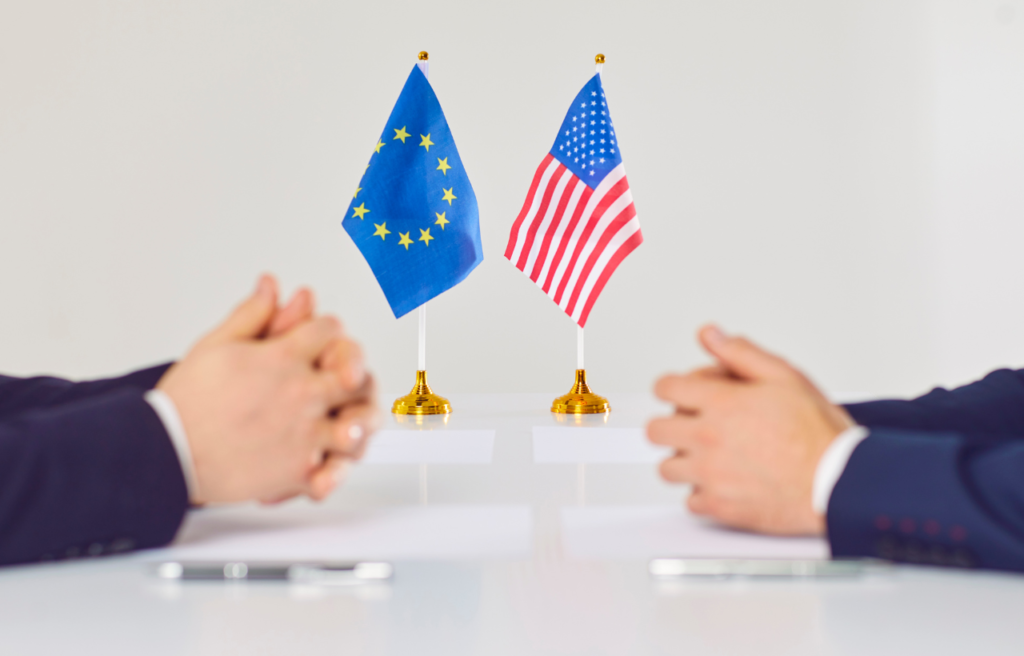
The Axis of Upheaval: Challenges to the US and EU (2025)
The "Axis of Upheaval," comprising China, Russia, Iran, North Korea, and Pakistan, represents a loose but increasingly coordinated coalition of authoritarian states challenging the US- and EU-led global order. Coined by analysts at Foreign Affairs, this grouping—sometimes called "CRINK" (China-Russia-Iran-North Korea) with Pakistan as an extension—has deepened ties since Russia’s 2022 invasion of Ukraine, driven by shared opposition to Western hegemony. The September 2025 SCO
Read More...
India-Pakistan Water Conflict: Impacts of the IWT Suspension (2025)
The suspension of the Indus Waters Treaty (IWT) by India on April 23, 2025, following a terrorist attack in Pahalgam, Indian-administered Kashmir, which killed 26 civilians, has escalated tensions in the India-Pakistan water conflict. The IWT, signed in 1960 and brokered by the World Bank, allocates the eastern rivers (Ravi, Beas, Sutlej) to India and the western rivers (Indus, Jhelum, Chenab) primarily to Pakistan, ensuring 80% of the Indus Basin’s flow (170 billion cubic meters annually) for Pakistan’s agriculture, ...
Read More...
Dr. Mahathir Mohamad and the "Revolution" in Malaysia
Dr. Mahathir Mohamad, Malaysia’s longest-serving Prime Minister (1981–2003 and 2018–2020), is widely regarded as the "Father of Modernization" for his transformative policies that shifted Malaysia from an agrarian economy to an industrialized powerhouse. Often termed the "Mahathir Revolution," his reforms—while not a violent uprising—represented a radical economic and political shift, emphasizing industrialization, infrastructure,
Read More...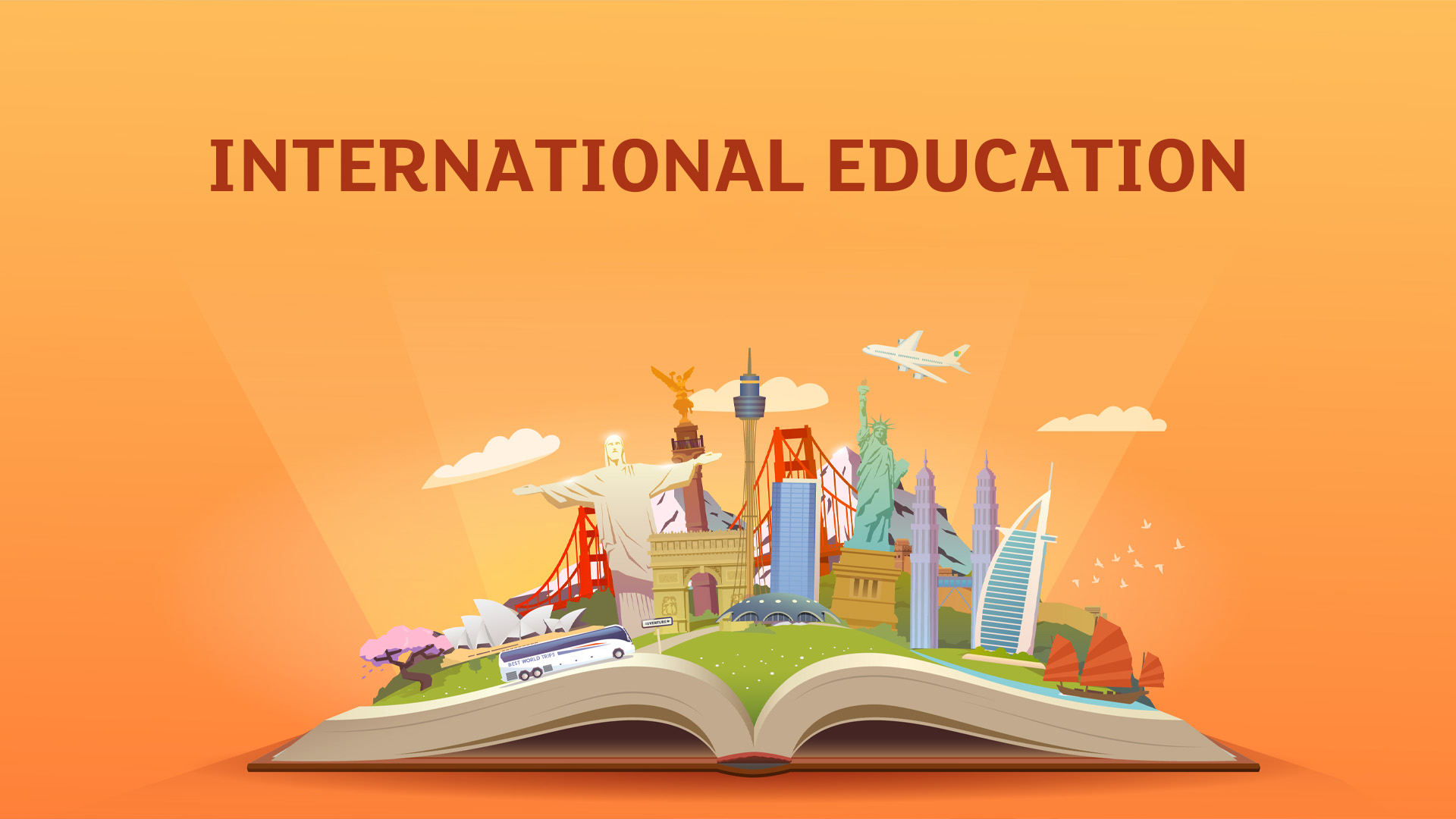
International Education Market Analysis (2025)
The international education market is poised for significant growth, projected to reach $10 trillion by 2030, with the international schools segment growing to $95.9 billion at a 7.5% CAGR. Asia leads with 58% of global schools, driven by China and India, while Europe and North America attract students with prestigious curricula. ..
Read More...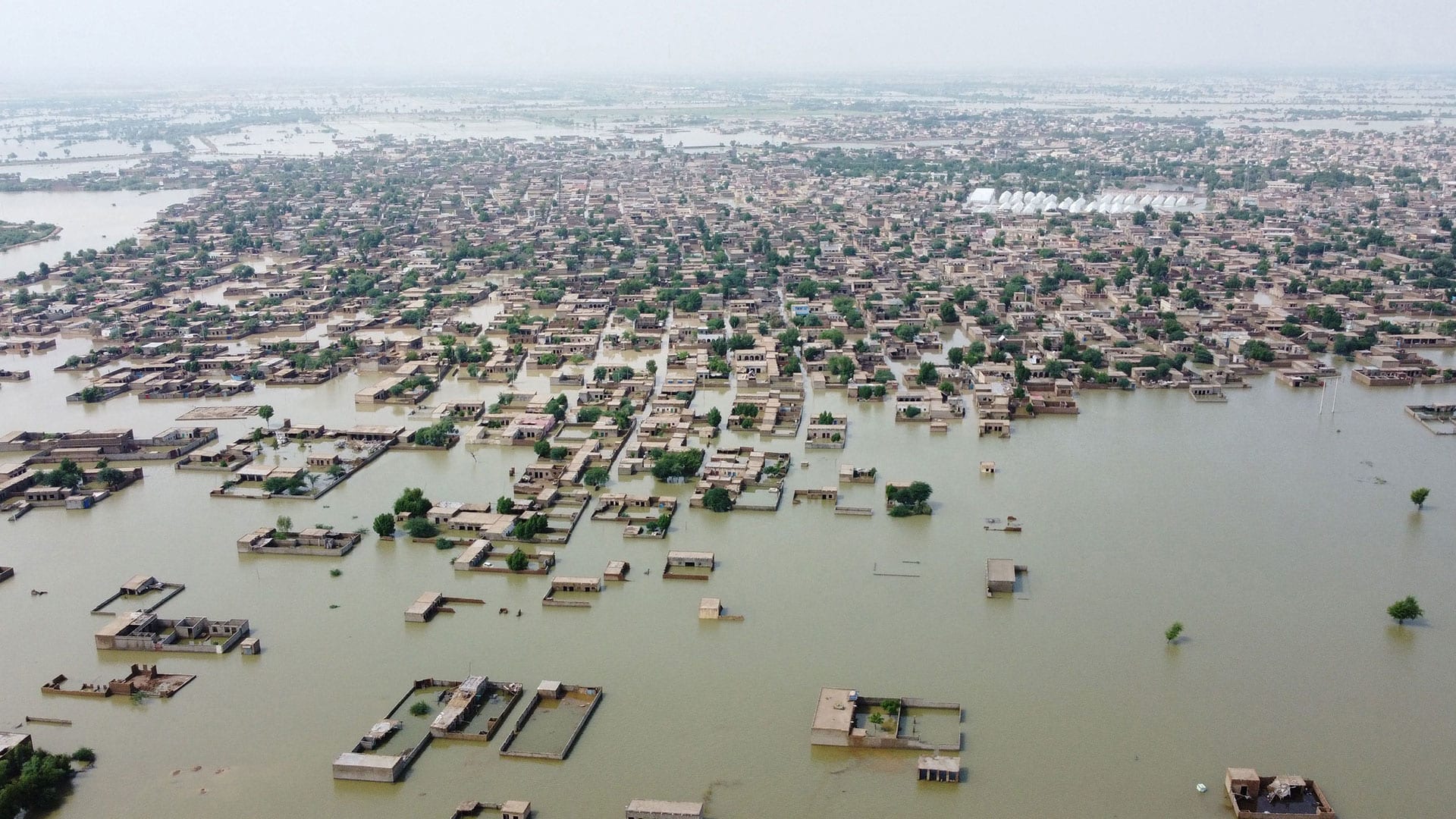
Real Causes of Floods in Pakistan
Floods in Pakistan are driven by a complex interplay of natural factors—monsoon rains, glacial melting, climate change, and topography—and human-made issues like deforestation, poor infrastructure, encroachments, unplanned urbanization, and water mismanagement. The 2022 floods, with $30 billion in losses, underscored these vulnerabilities, which persist in 2025 due to slow reforms and ongoing..
Read More...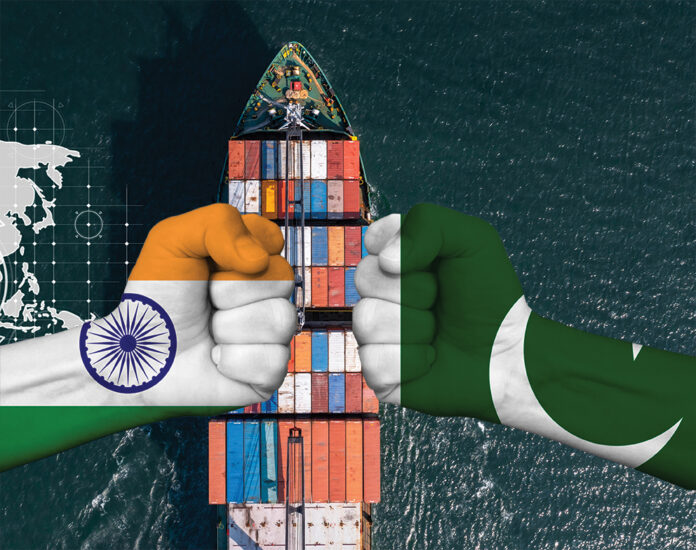
Economic Analysis: Pakistan vs. India (2025)
India’s economy in 2025 is significantly larger, more diversified, and faster-growing than Pakistan’s, driven by robust services, manufacturing, and FDI inflows. Pakistan struggles with structural issues, high inflation, and low reserves, limiting its growth to 2.649-2.8% compared to India’s 6.198-6.4%. While both nations face socio-economic challenges, India’s reforms and global integration give it a clear...
Read More...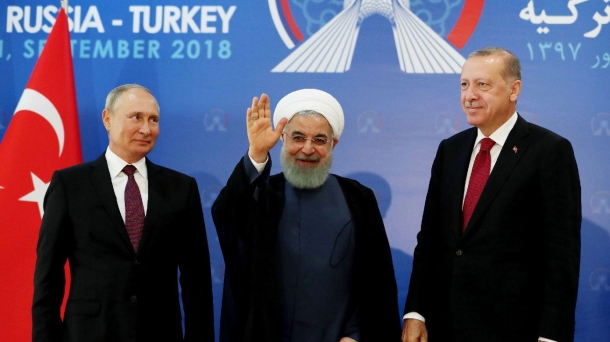
Iran's Role in International Politics
Iran's role in international politics blends ideological resistance, regional influence through proxies, and strategic alignment with non-Western powers like Russia and China. Its nuclear program and human rights record fuel global tensions, while economic challenges and domestic unrest limit flexibility. Recent events, like the 2025 Iran-Israel conflict and BRICS engagement, underscore Iran's resilience and...
Read More...
Political Families of the World
Political families like the Kennedys, Bhutto-Zardaris, Nehru-Gandhis, and House of Saud have left indelible marks on their countries’ politics, leveraging historical legacies and resources to maintain influence. While they provide stability and continuity, they often face criticism for perpetuating inequality and limiting political diversity...
Read More...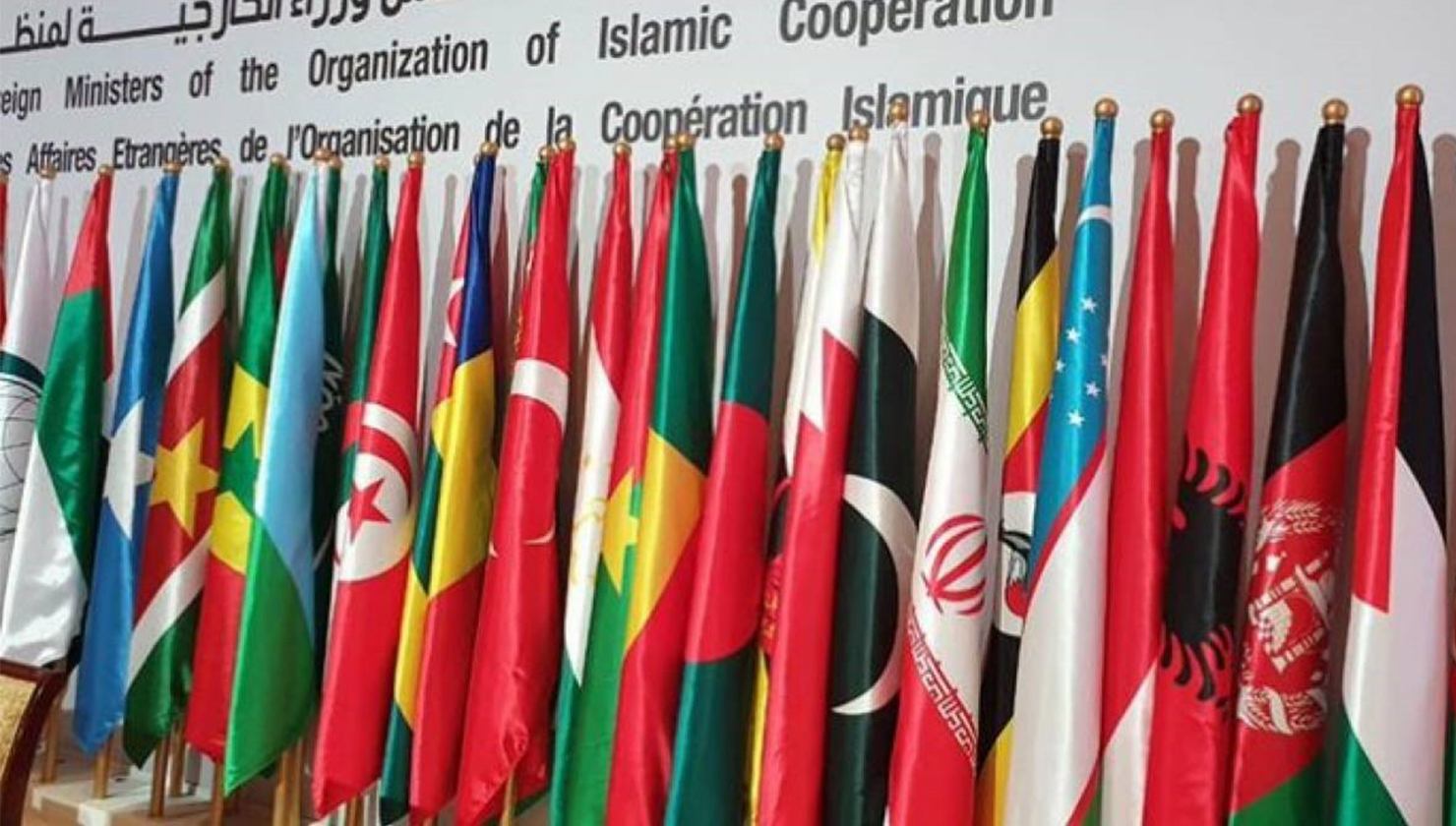
Organization of Islamic Cooperation: Role for Islamic Countries
The OIC plays a vital role in promoting the welfare of Islamic countries through economic development, humanitarian aid, education, cultural preservation, and human rights advocacy. Institutions like the IDB, SESRIC, and ISESCO, alongside initiatives like the Astana Declaration, reflect its commitment to over 2 billion people. However, challenges...
Read More...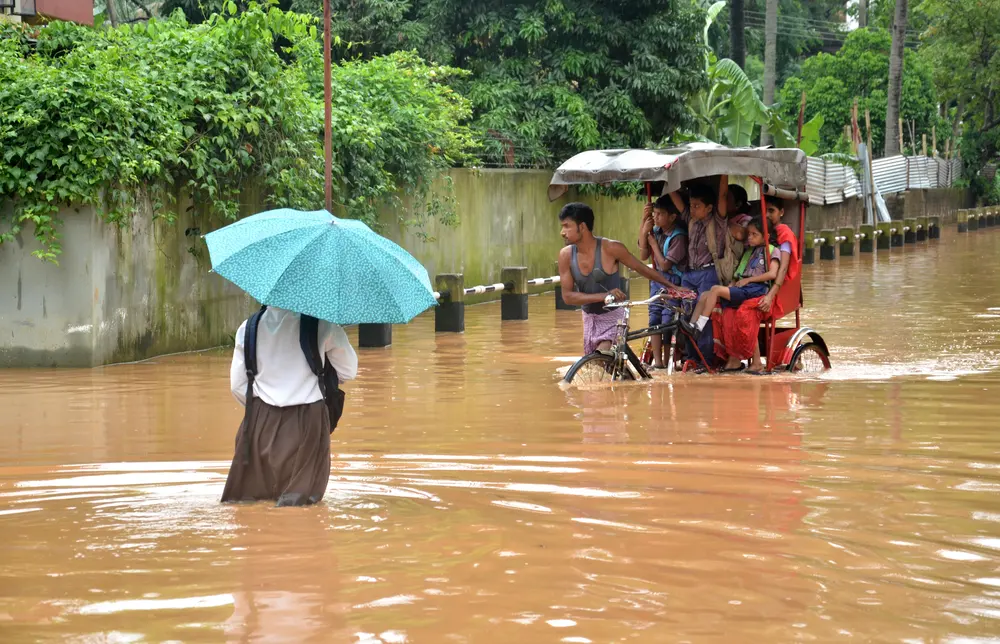
Environmental Changes in Asia
Asia faces severe environmental changes, from rapid warming and extreme weather to sea level rise, glacier retreat, and air pollution, threatening ecosystems, economies, and livelihoods. With a potential 17–41% GDP loss by 2100 and millions at risk of displacement and poverty, the continent is at a critical juncture....
Read More...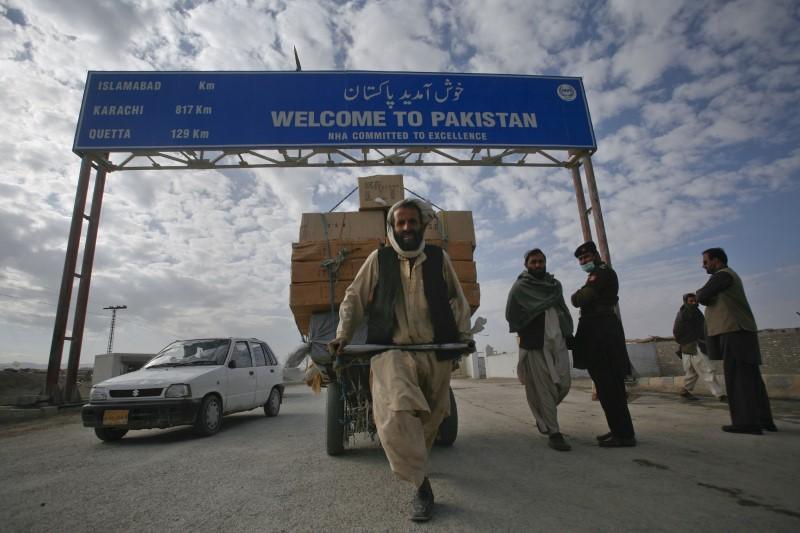
Economic Comparison: Pakistan vs. Afghanistan
Pakistan’s economy significantly outpaces Afghanistan’s in scale, with a GDP 16 times larger and stronger growth rates, driven by a diverse industrial base and global trade integration. However, Pakistan faces challenges with high debt (72.1% of GDP) and inflation (3.9%). Afghanistan’s smaller economy, heavily reliant on agriculture..
Read More...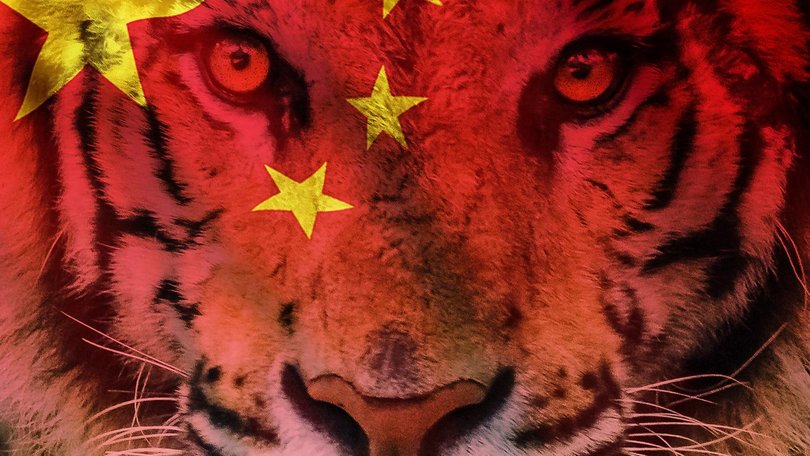
Asian Tiger
The term "Asian Tiger" encapsulates two distinct but powerful concepts. Economically, it refers to the remarkable growth of Hong Kong, Singapore, South Korea, and Taiwan, whose export-driven policies and innovation created the "Asian Miracle," shaping global markets [1], [2]. Culturally, the tiger in Chinese tradition symbolizes strength, protection, and cosmic balance, deeply embedded in art, mythology, and the zodiac [4], [5]. Together...
Read More...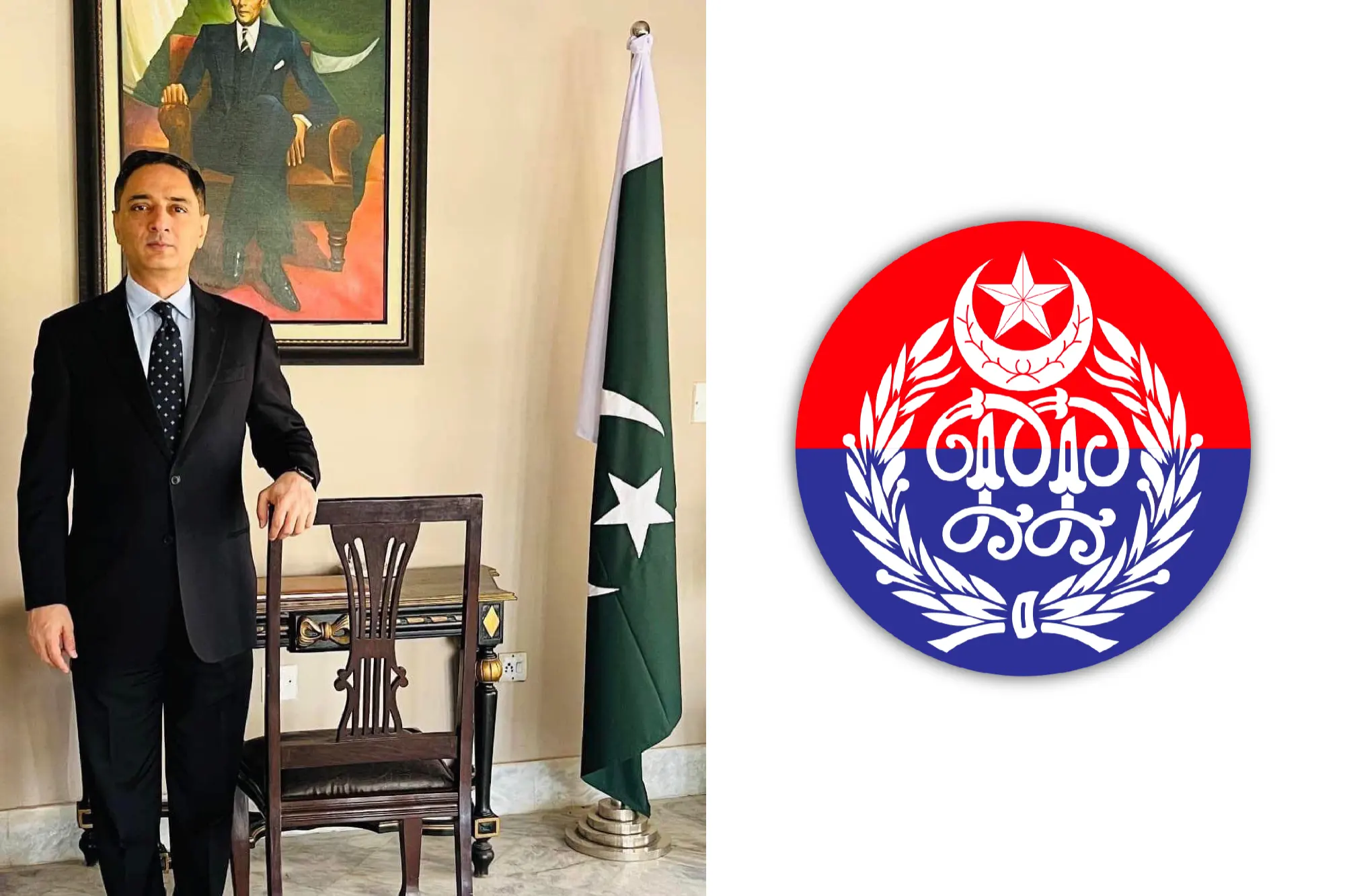
Crime Control Department (CCD) Punjab, Pakistan
The Crime Control Department (CCD), established in April 2025, represents a pivotal step in strengthening law enforcement in Punjab, Pakistan. By targeting organized crime, leveraging advanced technology like drone surveillance, and fostering collaboration, the CCD enhances public safety and trust. With a robust structure, significant funding, and early successes, the department is poised to make a lasting impact on reducing crime and ensuring a safer Punjab.
Read More...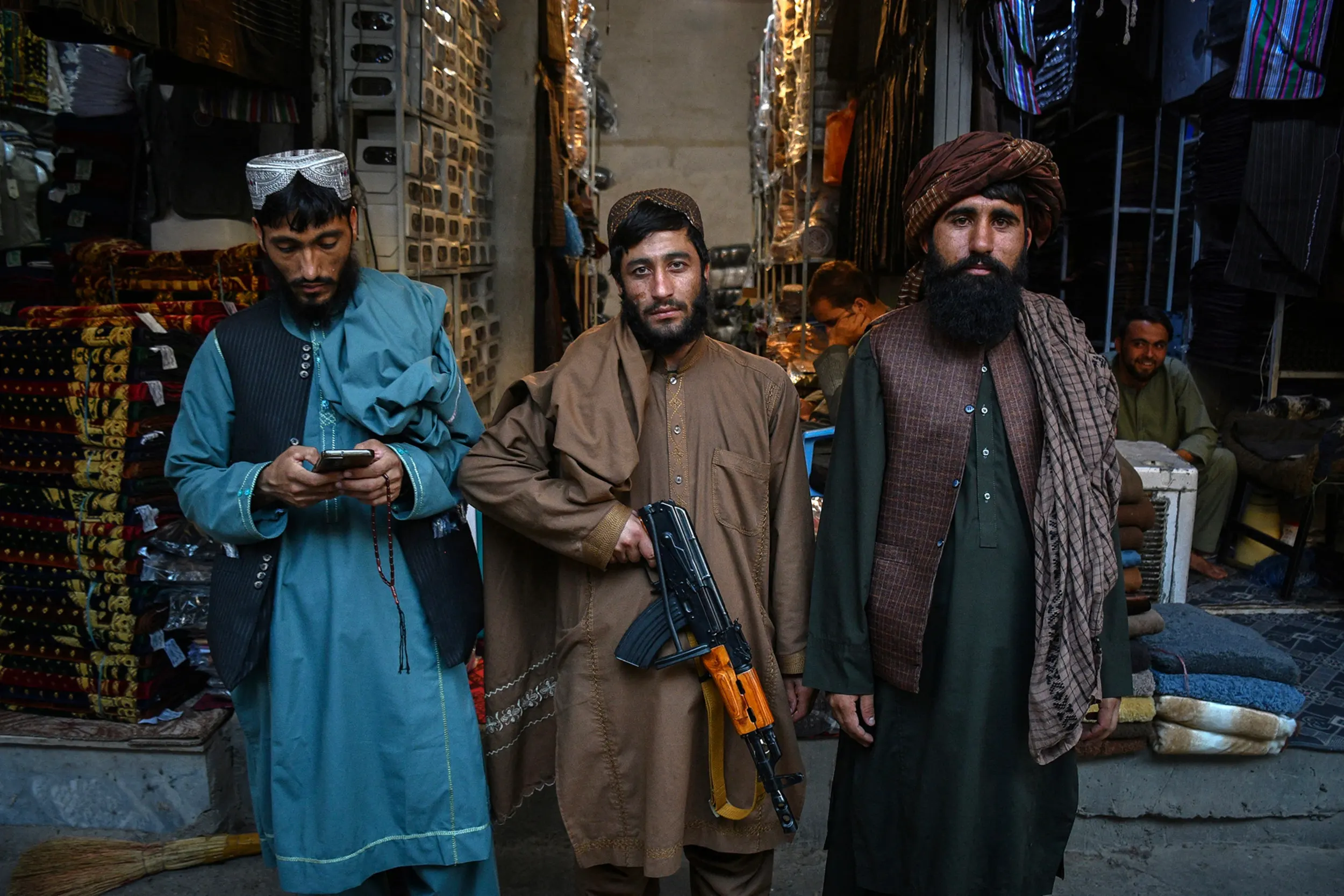
History of the Taliban
The Taliban’s history reflects Afghanistan’s turbulent path, from their 1994 emergence amid civil war to their 2021 return to power. Their strict interpretation of Sharia, ties to al-Qaeda, and governance challenges have shaped their controversial legacy. As of 2025, the Taliban faces the dual challenge of maintaining control while addressing humanitarian and...
Read More...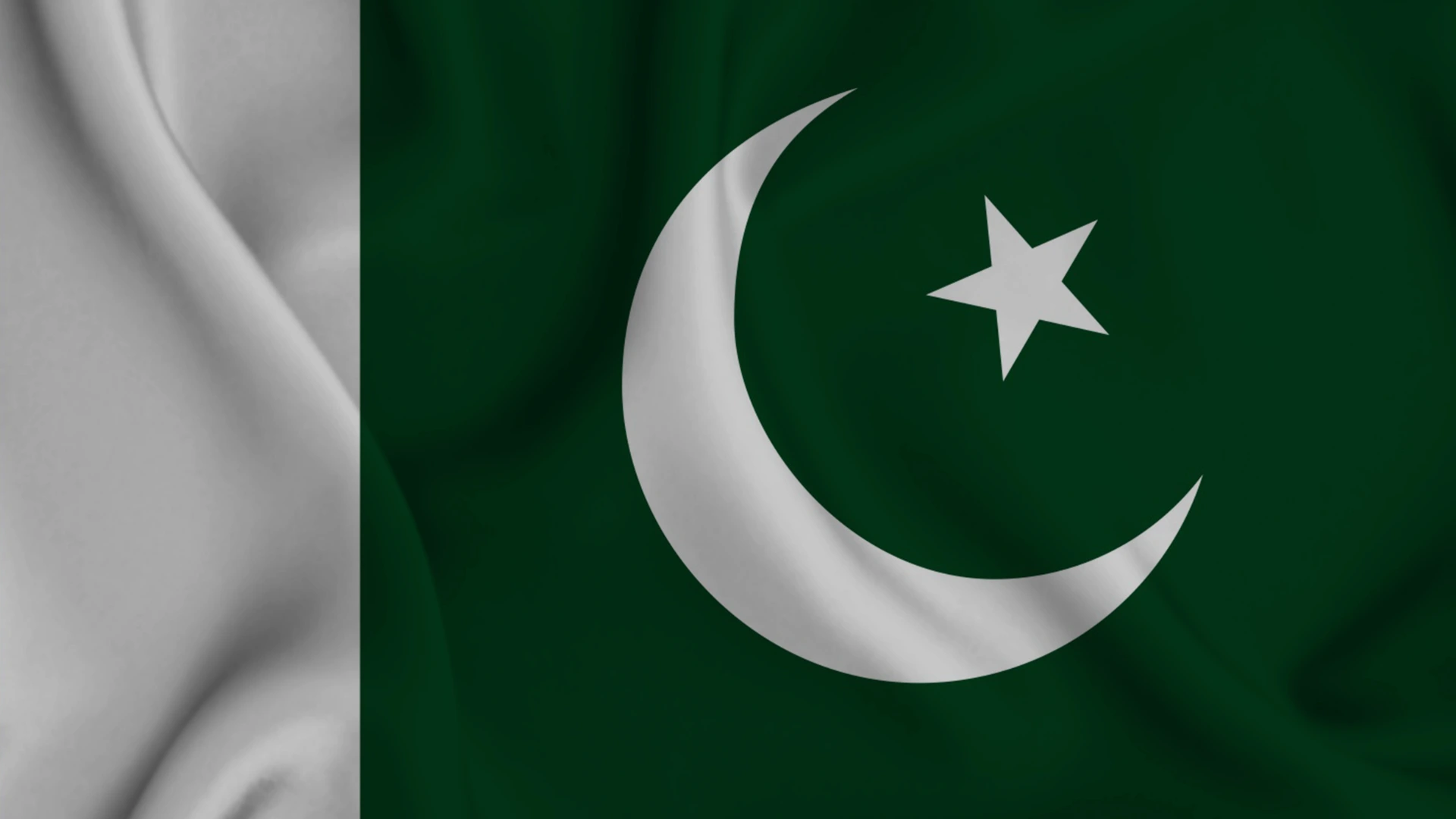
Independence Day, Pakistan!
Pakistan's Independence Day, celebrated on August 14, is a vibrant tribute to the nation's freedom from British rule in 1947. Through flag hoisting, parades, patriotic songs, and family gatherings, Pakistanis honor the sacrifices of their founding leaders, particularly Muhammad Ali Jinnah. The green and white colors of the flag symbolize hope, peace, and prosperity, uniting the nation in pride and purpose.
Read More...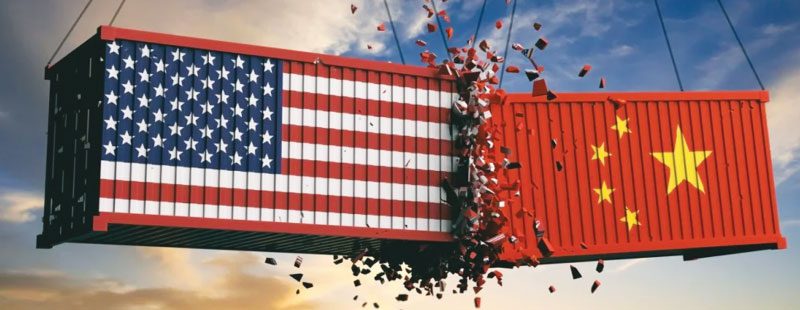
US-China Trade War
Asia's security environment is shaped by a mix of traditional and non-traditional challenges, from territorial disputes and military build-ups to cybersecurity threats and climate change. Regional cooperation through platforms like ASEAN is critical, but overcoming internal divisions and strategic complexities remains essential for fostering stability and addressing these multifaceted issues.
Read More...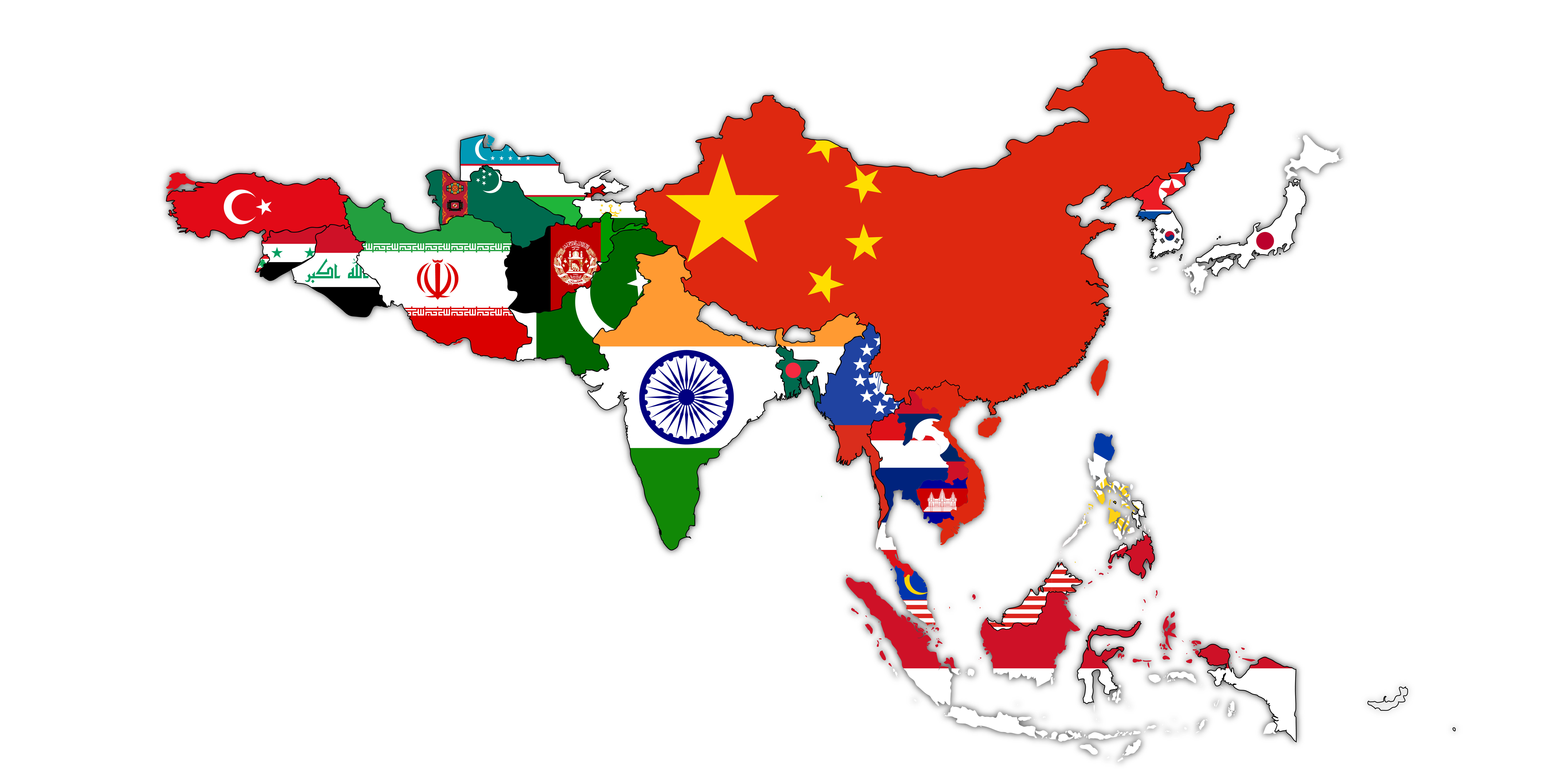
Security Challenges in Asia
Asia's security environment is shaped by a mix of traditional and non-traditional challenges, from territorial disputes and military build-ups to cybersecurity threats and climate change. Regional cooperation through platforms like ASEAN is critical, but overcoming internal divisions and strategic complexities remains essential for fostering stability and addressing these multifaceted issues.
Read More...